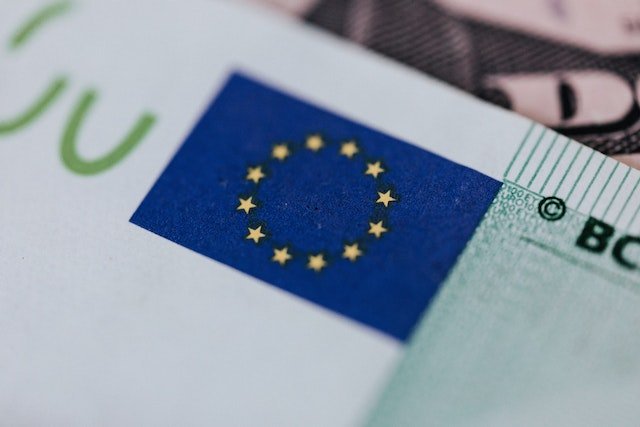Last updated: Jan 19, 2024
VAT Registration is a high-risk area for the Revenue Commissioners because of the potential for bogus traders to register for the purpose of obtaining VAT-free goods or to falsely obtain VAT refunds. Revenue therefore introduced two-tier VAT Registration, separating lower risk registrations (Domestic Only) from higher risk ones (Intra-EU). Companies applying for a VAT Registration to the Revenue Commissioners must specify which tier they wish to apply for.
When registering a company with Incorpro, you can choose to register for Domestic Only and/or Intra-EU VAT.

Companies engaged exclusively in domestic trade within Ireland should opt for Domestic Only VAT Registration. This category offers a simplified application process, and VAT Registration is typically granted without the need for additional evidence. However, such companies won't be listed on the VAT Information Exchange System (VIES), so third parties in the EU will not be able to verify your company's VAT Registration. As a result, goods and services received from EU suppliers will not be zero-rated for VAT.
Companies with a Domestic Only status may at any time apply for Intra-EU status, at which point they will be asked to provide additional details, which we will look at in more detail later in this article. When registering a company for Intra-EU VAT, Incorpro will first register the company for Domestic Only VAT and then, once completed, apply for Intra-EU VAT Registration.
Regardless of the tier, VAT Return filing obligations remain consistent. Companies must adhere to regular VAT Return submissions and timely VAT payments. For more details on this process, visit our comprehensive VAT Return Filing Guidance article.
If you decide to Register Your Company through Incorpro, we will register you for Domestic Only VAT and other taxes free of charge.
Companies intending to trade with businesses elsewhere in the EU should apply for Intra-EU status, which will enable them to make intra-Community acquisitions at the zero-rate of VAT. Companies granted Intra-EU status will be registered automatically for VAT Information Exchange System (VIES) reporting obligations.
Incorpro provides an efficient Intra-EU VAT Registration service for only €100 + VAT. If you wish to learn more about this, please visit our Tax and VAT Registration Service page.
Companies applying for 'Intra-EU' status are required to provide additional details on their application forms. This includes information related to Transport Arrangements, the nature of Supplies and Acquisitions, and Due Diligence measures undertaken to establish the bona fides of customers and suppliers.
In addition, further information is requested by Revenue in order to satisfy them that there is Evidence of Trading. In anticipation of registering your company for Intra-EU VAT you should be prepared to answer the questions below that are often queried by The Revenue Commissioners on Intra-EU VAT applications. These include:
If the Directors are not resident in Ireland, details of employees who are running the business in the State will be required.
To substantiate Active or Intended Trading, the following items may be used to support the argument:
Incorpro can apply to Revenue for Intra-EU VAT Registration and communicate with Revenue on the company's behalf. We will help you understand what documents you need to provide to Revenue, and make sure to do our part meticulously to speed up the process.
However, Revenue will reject an application if the company cannot adequately demonstrate its Intention to Trade. It is for this reason that we can't guarantee that the application to register for Intra-EU VAT will be successful, nor is our fee dependent on a positive outcome.
If you Register Your Company through Incorpro, you can simply tick the box on the online registration form for Intra-EU VAT and we will take care of this for you throughout the process. Otherwise, please visit the Tax and VAT Registration Service page we offer for more information and to apply for Intra-EU Registration.
Should you have any queries or require assistance with your Accounting and Tax needs, our dedicated team at Incorpro is here to help. Connect with us by calling 01-4429409, or visit our Contact Page for more ways to get in touch. Stay updated and engaged by following our Social Media Pages on Twitter, Facebook, LinkedIn and Instagram.
We value your feedback! If you are an existing customer and you enjoyed our service, please consider leaving us a review on Google or Trustpilot to share your experience with others. Your insights help us continuously improve and further enhance our services!
Recent publications
Hi there 👋
How can I help you today?